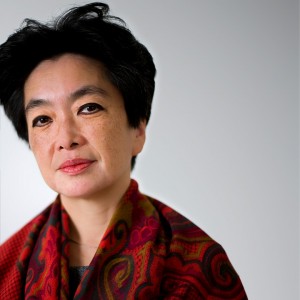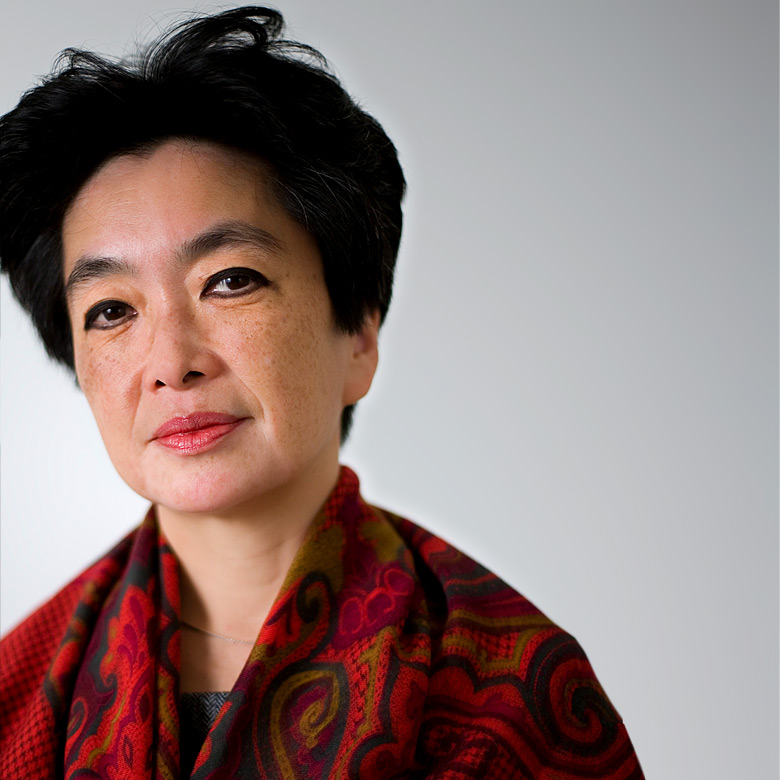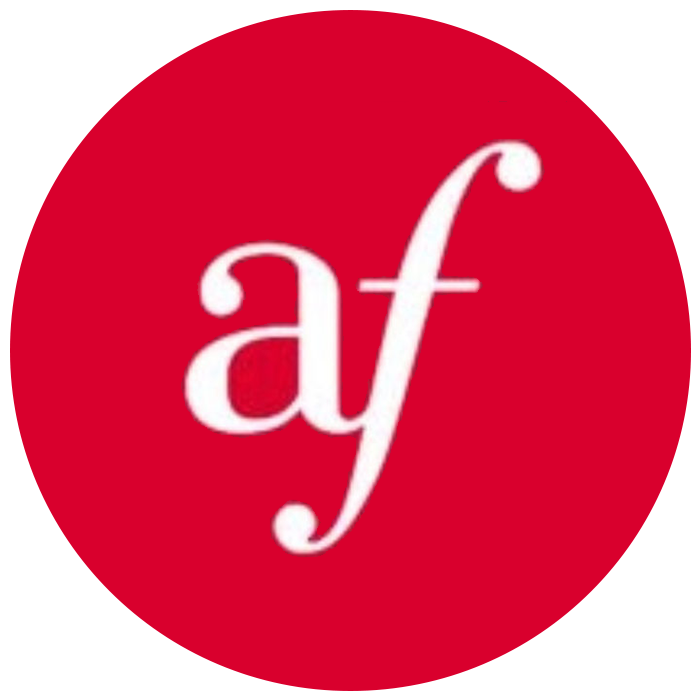Date/Time
Date(s) - 21/02/2014
2:00 pm - 4:00 pm
Location
Presidency University
Categories
 A COLLEGE de FRANCE lecture ; “Ethics and politics : A problematic continuity”
A COLLEGE de FRANCE lecture ; “Ethics and politics : A problematic continuity”
What kind of influence or coercion might be exerted on a human community so as to make it rally to a leader or, at least, accept a minimal degree of consensus? This is a question that was raised at a very early stage in China and has never ceased ever since to nourish philosophical inquiries as well as institutional practices. Whereas political theories in Europe, starting from ancient Greece and Rome, have endeavoured to devise conceptual models for achieving order to be enacted in the body politic, various traditions in China, notably Confucian, have conceived of the internal diffusion of an organizing principle radiating from the centre. Such a conception has led to the vision of an organic world animated by a ‘harmonious’or self-regulating principle, rather than to the definition of a distinct political space within which citizenship is thought of in terms of specific functions and responsibilities. The founding political myths of ancient China have tended to establish a continuity between ethics and politics, posing a serious problem for the constitution of a nation-state in the modern era.
Anne CHENG holds the Chair of Intellectual History of China at Collège de France, Paris. Born in Paris in 1955 to Chinese parents, she was educated in the French state school system, focusing on classics and European language and literature, until she entered the Ecole Normale Supérieure, where she opted to devote herself exclusively to Chinese studies. For almost 30 years she has been involved in teaching and research on the intellectual history of China and Confucianism in particular.
COLLEGE DE FRANCE is committed to fundamental research, it teaches “knowledge in the making in every field of literature, science and the arts”. Currently chaired by Serge Haroche, French Nobel Prize 2012 in Physics, the 500 years old French institution, had Henry Bergson, Michel Foucault, Claude Lévi-Strauss among its professors.


